![]() SMART Transportation Division Local 1715 bus operators employed by Transit Management of Charlotte, Inc., Dec. 12 ratified a three-year agreement with management, averting a possible strike.
SMART Transportation Division Local 1715 bus operators employed by Transit Management of Charlotte, Inc., Dec. 12 ratified a three-year agreement with management, averting a possible strike.
The new agreement calls for annual wage increases, paid retroactively to July 1, plus the return of travel-time pay, a contract provision that previously had been negotiated away when the operators were represented by the Teamsters.
The contract also calls for an additional personal day and new bidding procedures during the run assignment that is more favorable to SMART membership.
The company is also required to use a health care provider supported by the union, or one that is comparable, resulting in a reduction in the health care contributions paid by our members.
SMART TD Alternate Vice President Calvin Studivant participated in the recent negotiations with Charlotte Area Transit System management when a strike by the operators appeared likely. He recognized the efforts of General Chairperson Kevin Moss, Vice General Chairpersons Hasson Trent and Brenda Moore, Local President Bruce Wright and General Committee Secretary William R. Brown for their tireless efforts in “resolving the issues at hand and working to get their members the best possible contract.”
Studivant also thanked Vice General Chairpersons Christy Kiser and Donell Taylor and Local Secretary & Treasurer Christopher Johnson for their roles in reaching the agreement.
“A lot of the bus operators here, we have families as well. We know the impact a strike would have caused on the people in the community,” said Moss.
“This has been a period of difficult negotiations, but we ended up with an agreement that’s within our financial parameters,” said Carolyn Flowers, CATS CEO.
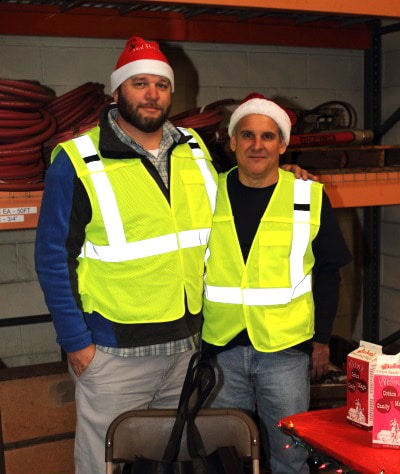
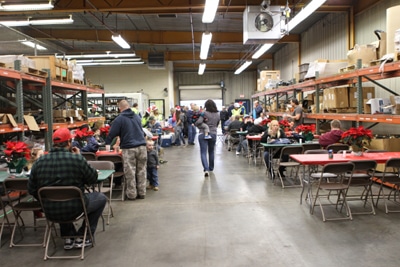

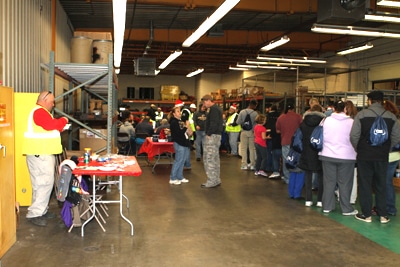
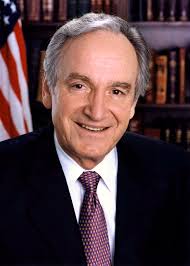
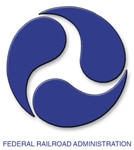 WASHINGTON – The U.S. Department of Transportation’s Federal Railroad Administration (FRA) Dec. 11 issued an industry-wide Safety Advisory to help ensure railroads adhere to federal regulations regarding maximum authorized train speed limits. The advisory contains four recommendations to ensure railroads comply with speed restrictions through appropriate operating policies, procedures and effective implementation.
WASHINGTON – The U.S. Department of Transportation’s Federal Railroad Administration (FRA) Dec. 11 issued an industry-wide Safety Advisory to help ensure railroads adhere to federal regulations regarding maximum authorized train speed limits. The advisory contains four recommendations to ensure railroads comply with speed restrictions through appropriate operating policies, procedures and effective implementation.